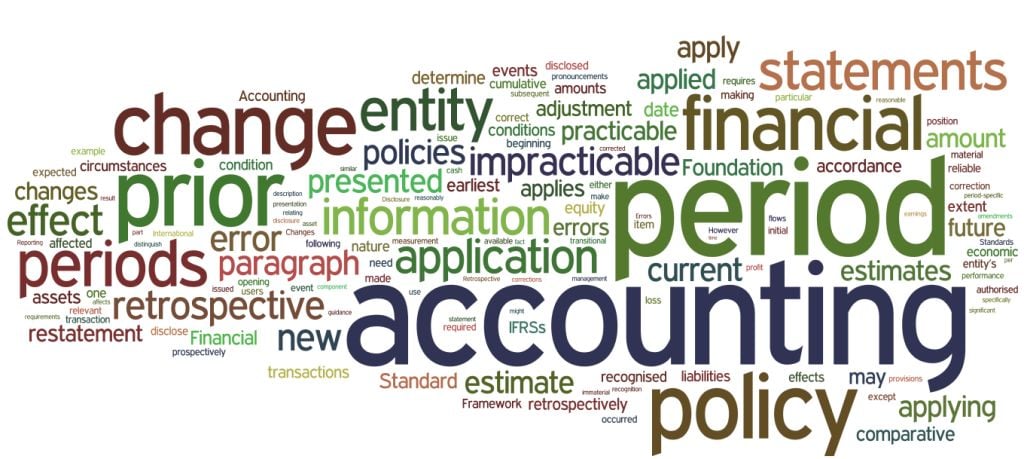AS 1 – Disclosure of Accounting Policies. This Standard deals with the disclosure of significant accounting policies which are followed in preparing and presenting financial statements.
Disclosure of Accounting Policies
To ensure proper understanding of financial statements, it is necessary that all significant accounting policies adopted in the preparation and presentation of financial statements should be disclosed. Such disclosure should form part of the financial statements.
If you like this article then please like us on Facebook so that you can get our updates in future ……….and subscribe to our mailing list ” freely “
AS 1 – Disclosure of Accounting Policies
Accounting Policies refer to the specific accounting principles and methods of applying those principles adopted by the enterprise in the preparation and presentation of financial statements.
⇒ Disclosure of accounting policies or of changes therein cannot remedy wrong or inappropriate treatment of the item in the books of accounts.
Consideration in Selection of Accounting Policies
- Primary Consideration-Financial statements should represent true and fair view
- Major considerations in achieving the primary considerationPrudence, Substance over form, Materiality
What are accounting policies?
“Specific accounting principles and methods of applying those in preparation and presentation of financial statements of an entity”
Examples:
1. Valuation of inventory:
- LIFO (Last in First out)
- FIFO (First in First out)
- Weighted Average
- Retail method
- Standard cost
2.Valuation of investments
3.Depreciation methods:
- SLM Method (Straight Line Method)
- WDV Method (Written down Value Method)
Need for disclosure of accounting policies?
It’s mandatory to disclose the accounting policies followed in preparation of financial statements. The reason behind this is for ” better understanding of financial statements and assets and liabilities in balance sheet and profit & loss account are significantly affected by those accounting policies”
What are fundamental accounting policies?
Generally it’s assumed that financial statements are prepared on the basis of fundamental accounting assumptions. Following are the fundamental accounting assumptions:
- Going concern:
It means the entity has an intention of continuing its operations for foreseeable future. Foreseeable future means coming one or two years. In other words neither there is an intention of discontinuance of business, nor necessity of liquidation of organization and discontinuance of major operations of the business.
2. Consistency:
It means that same accounting policies are followed from one period to another.
3. Accrual:
It means that the financial statements are prepared on mercantile basis in which the transactions and other events are recognized when they occur and they are recorded in the accounting period to which they relate
Change in accounting policies:
A change in accounting policies should be made in the following conditions
- Adoption of different accounting policies is required by law.
- Adoption of different accounting policies is required for compliance of accounting standards.
- For more appropriate presentation of financial statements.
# If nothing has been there in the financial statements about the compliance of fundamental accounting policies it can be assumed that they are followed in preparation of financial statements.
What are the points to be considered for selecting accounting policies?
1. Prudence:
It means making estimates which is under the conditions of uncertainty.
2.Substance over form:
It means that the transaction should be accounted for in accordance with actual happening and economic reality and not by the legal form.
3.Materiality:
Financial statements should disclose all the items and facts which are sufficient enough to influence the decisions of users of financial statements.
Recommended Articles
